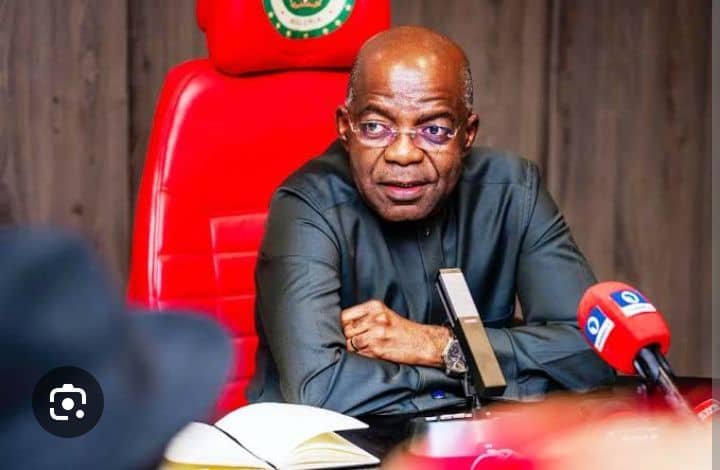Critics Challenged, Policies Changed: How Otti’s Open-Door Governance Transformed Feedback into 12 Key Reforms
Governor Alex Otti’s administration in Abia State has consistently demonstrated responsiveness to public discourse, addressing critiques through policy adjustments and transparent communication. A notable example is his approach to concerns about his residency and operational base. Critics questioned his absence from the Government House in Umuahia, arguing that it symbolized detachment. Otti directly addressed these concerns during a March 2025 media parley, emphasizing that governance outcomes—such as road construction, healthcare improvements, and sanitation—take precedence over symbolic gestures. He clarified that delayed renovations to the Government House were a deliberate fiscal decision to prioritize urgent infrastructure and social services, stating, “Abians want to see activities, not where their Governor is staying” . This pragmatic rebuttal highlighted his administration’s focus on tangible results over optics.
Another instance of Otti’s receptiveness emerged in the energy sector. Following critiques about uneven electricity distribution, his administration fast-tracked the Abia State Electricity Bill, signed into law in March 2025. The legislation, developed with input from international experts and legal firms, established the Abia State Electricity Regulatory Agency (ASERA) and expanded the state’s power framework to include eight previously excluded local government areas under the Umuahia ring-fence . By leveraging Abia’s existing partnership with Geometric Power, Otti addressed gaps in energy access while positioning the state as a potential regional power supplier—a move that aligned with calls for equitable development and renewable energy adoption .
Otti also responded to feedback on cultural governance. Traditional rulers had long voiced dissatisfaction with inadequate support from previous administrations. In December 2024, his government approved a N250,000 monthly stipend for over 500 traditional leaders, alongside a separate N150,000 Christmas package, significantly enhancing their welfare and role in community stability . This policy shift not only acknowledged their grassroots influence but also reinforced their partnership in combating crime—a direct response to critiques about underutilizing local institutions for security .

Financially, Otti’s administration faced scrutiny over the pace of project execution. Critics questioned the feasibility of simultaneous infrastructure projects, including the Port Harcourt Road reconstruction in Aba. Otti countered by detailing his “financial engineering” strategy, which relied on credibility to secure contractor trust—such as Julius Berger’s agreement to commence work without upfront payments—and adherence to accelerated payment schedules . This transparency in fiscal management dispelled doubts, underscoring a governance model that balances ambition with accountability.
In sum, Governor Otti’s engagement with critics reflects a blend of principled prioritization, legislative innovation, and institutional empowerment. By channeling feedback into actionable policies—from energy reform to cultural revitalization—his administration has turned critique into catalytic progress, aligning public discourse with measurable outcomes.

Dr Chukwuemeka Ifegwu Eke writes from Yakubu Gowon University Nigeria







